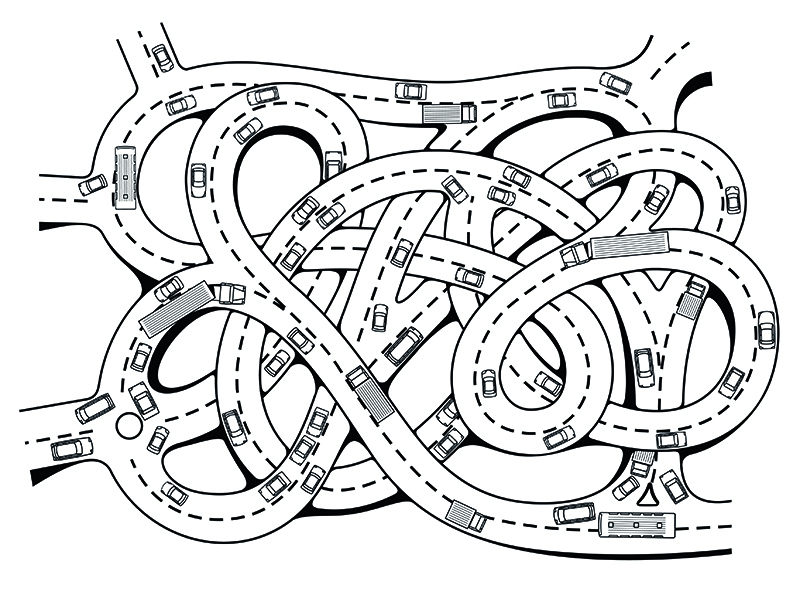
Nicholas Dobson revisits the Highways Act regarding overlapping powers
Back in August 1965 Bob Dylan paid a rock music revisit to Highway 61—the famous “blues highway” running from New Orleans to Wyoming. More recently (if less rhythmically), the Supreme Court on 19 June 2013 revisited a decision of the Court of Appeal on overlapping local authority highway powers—ss 66 and 80 of the Highways Act 1980 (HA 1980).
In Cusack v London Borough of Harrow [2013] UKSC 40, Lords Neuberger, Mance, Sumption, Carnwath and Hughes found that where there are two separate statutory provisions which could apply, it is open to the local authority to rely on either provision, provided that it is reasonable in all the circumstances for it to do so. Substantive judgments were given by Lord Carnwath and Lord Neuberger (with whom Lord Sumption and Lord Hughes agreed).
The facts
The case concerned Mr Cusack who since 1969 had practised as a solicitor at 66 Station Road, Harrow. In 1973 Cusack had obtained temporary planning permission to use the ground floor of









